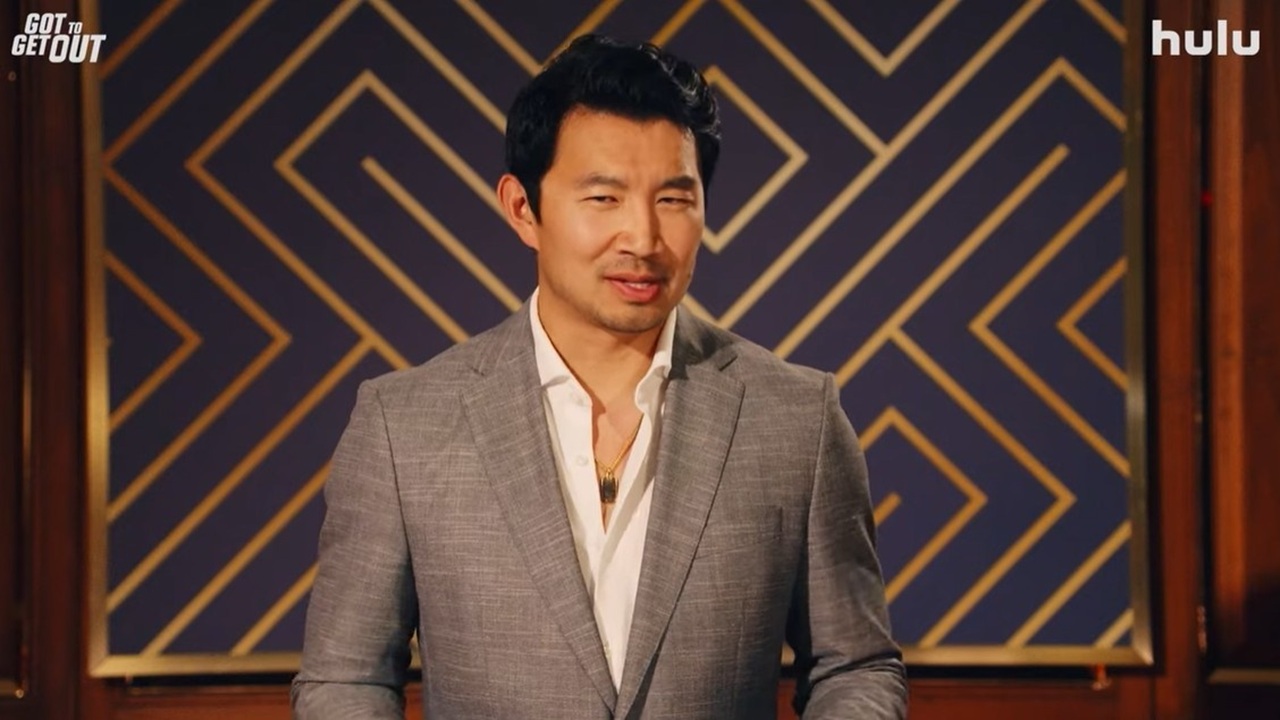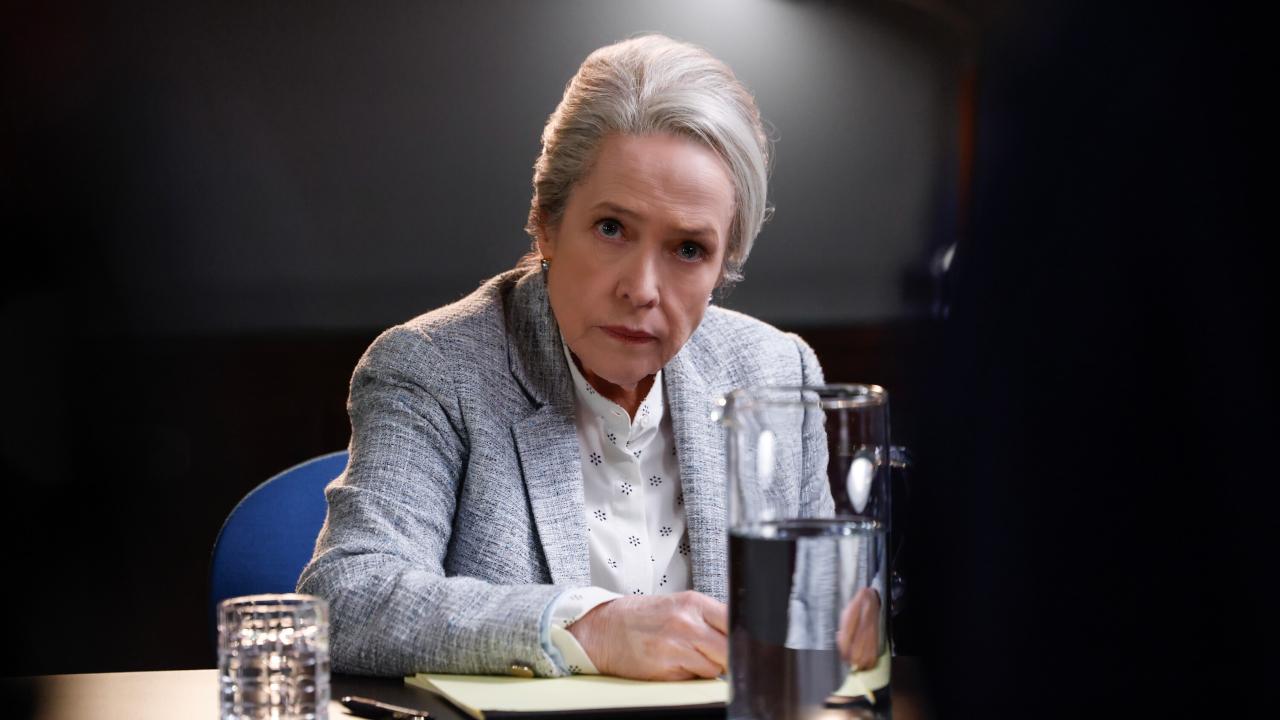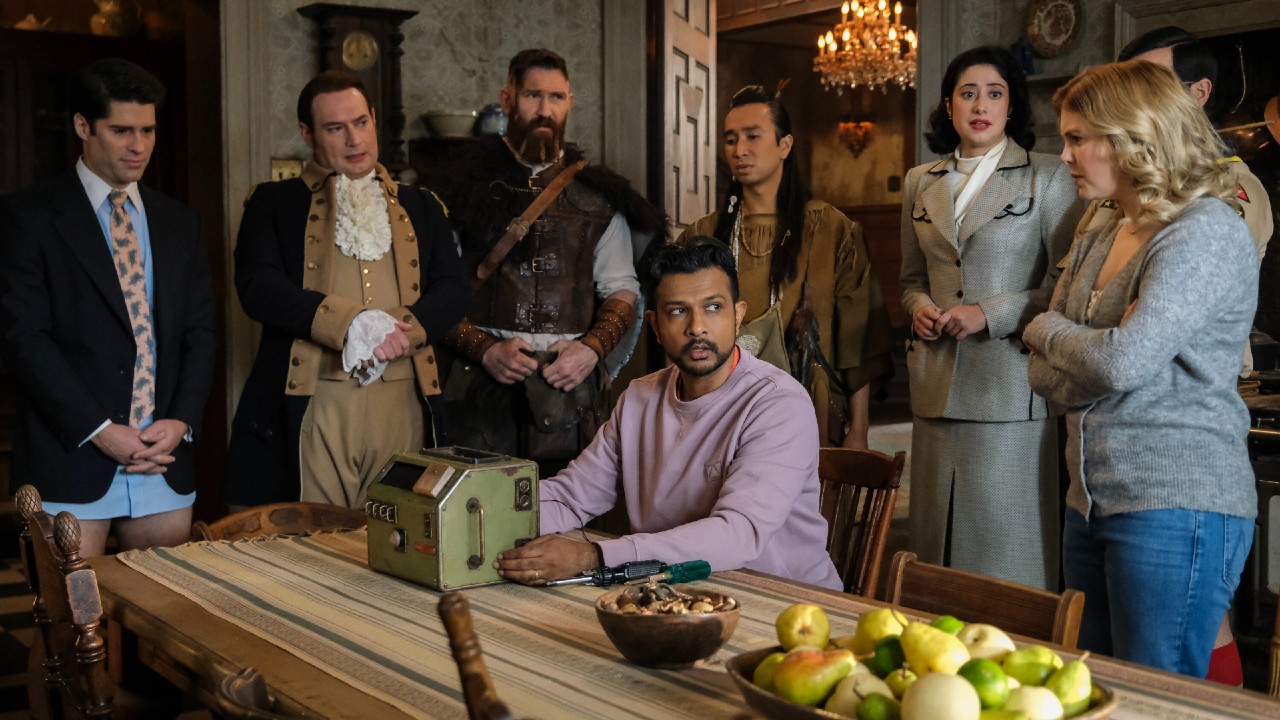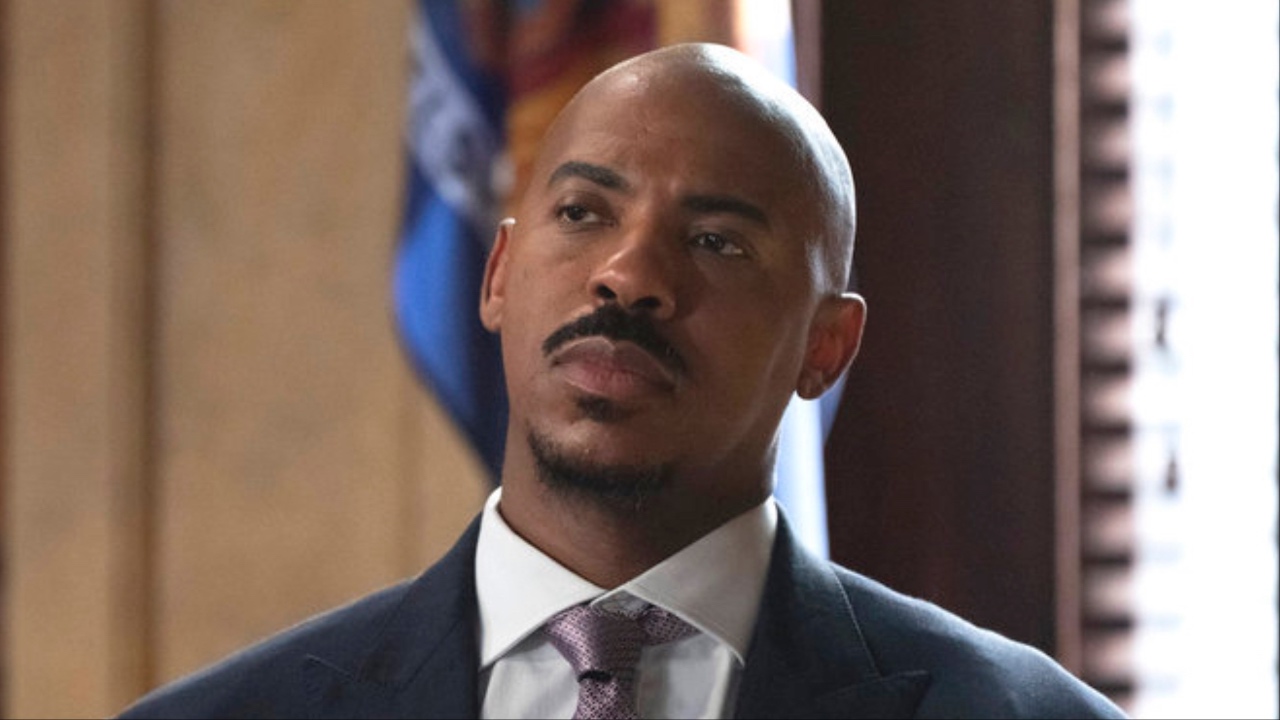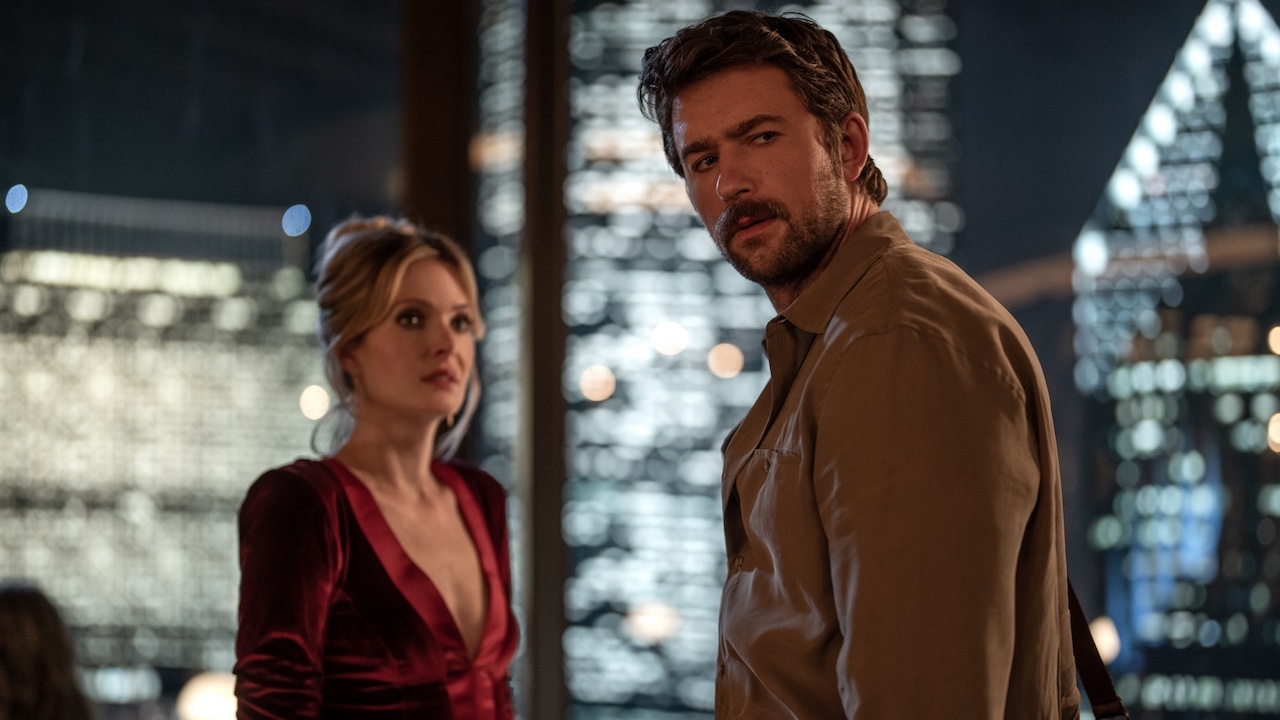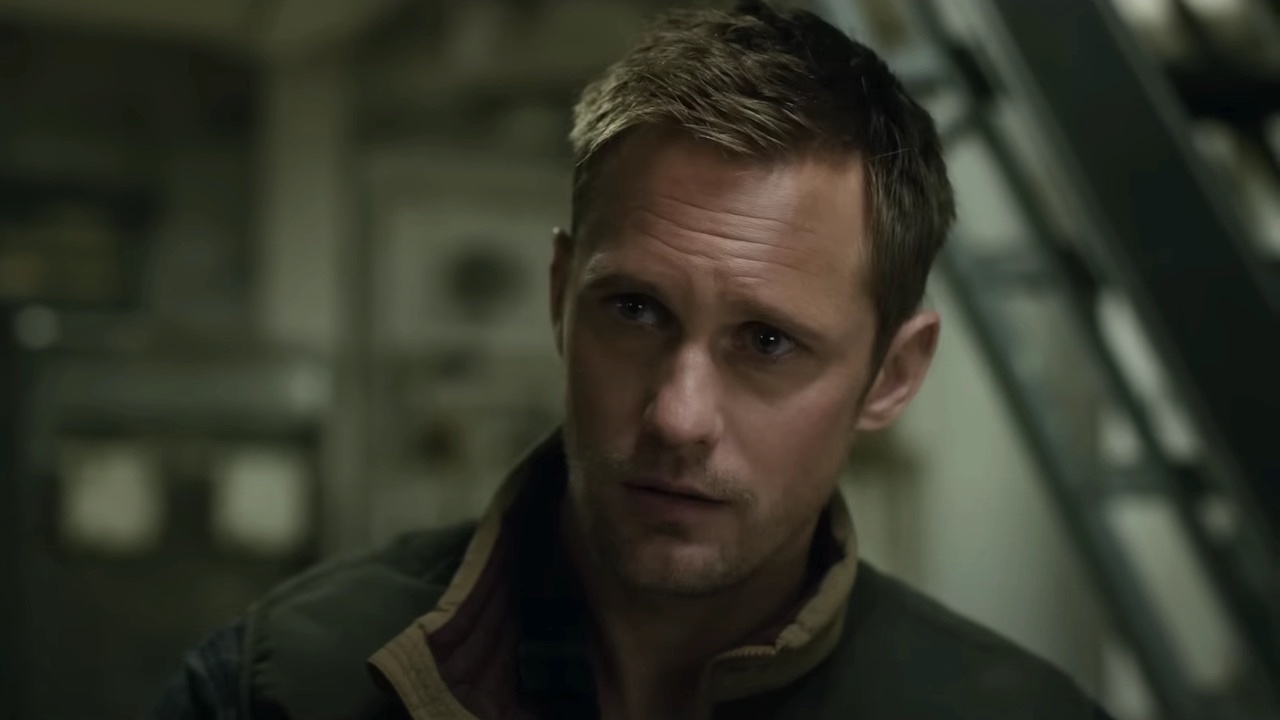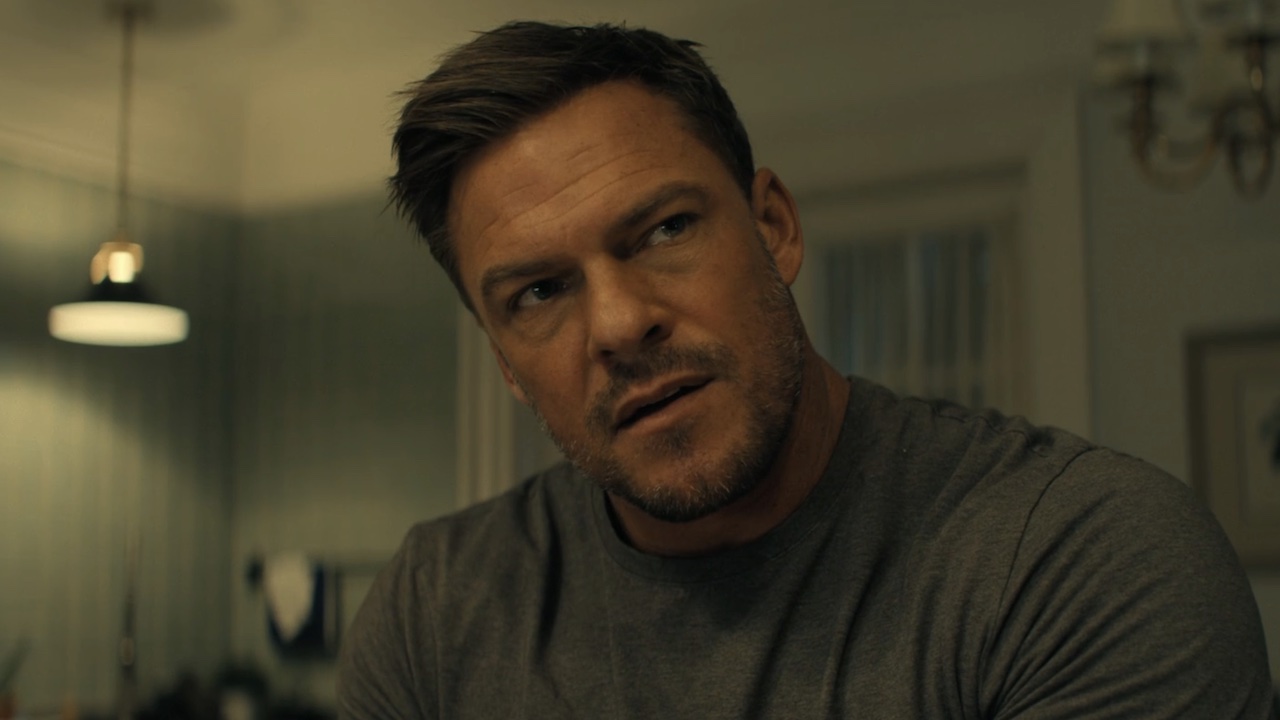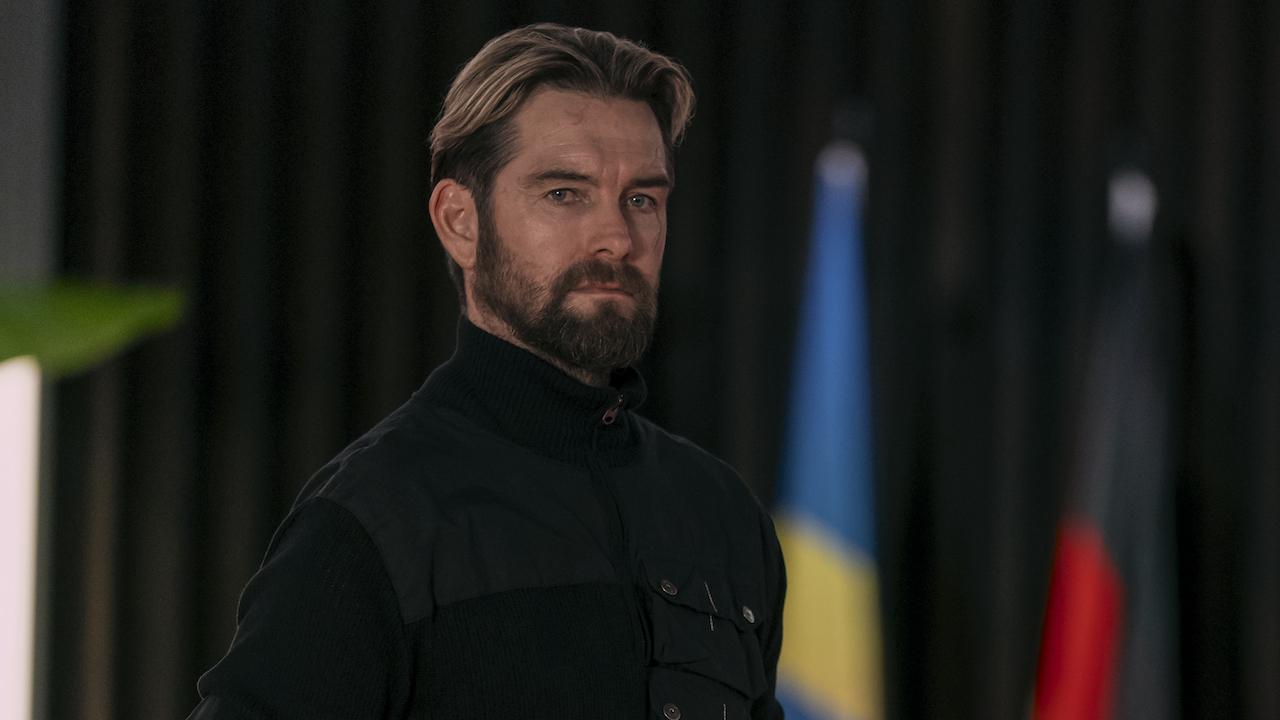Logan Ending: Was That The Right Choice?
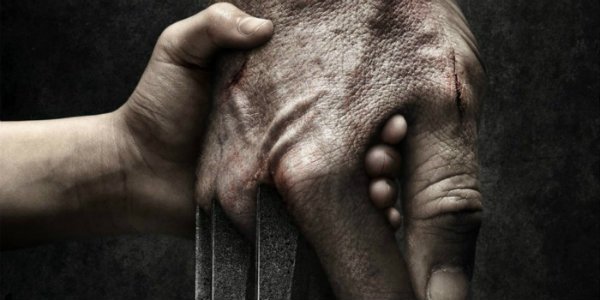
Warning: this article contains MAJOR spoilers for Logan. Don't read any further if you have not seen the final Wolverine solo movie yet!
James Mangold's Logan has officially hit theaters, and it has apparently already made an insane impact on audiences. The film has opened to some very substantial numbers, and the critical response has been overwhelmingly glowing. With a 94% Fresh rating on Rotten Tomatoes, Hugh Jackman is pretty much guaranteed to go out on one of the most well-received comic book movies of all time. That's not a bad way to retire, is it?
There are a ton of different aspects of Logan worth talking about, but the one thing that we need to address immediately is the way in which the movie ends. Killing the titular character is a bold, creative move that's seldom seen in any genre, let alone the comic book genre. With that in mind, let's jump in, dissect Logan's ending, and figure out whether or not this was the right way to send out this beloved character.
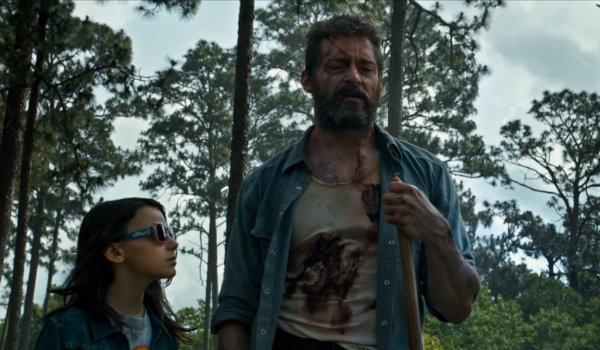
What Happened And What It Means
Let's get down to brass tacks and dive into the actual ending of the movie. During Logan's third act, the titular badass popped his claws for one final skirmish against Donald Pierce (Boyd Holbrook), his Reavers, and the soldiers of the Transigen company. In the process of saving X-23 (Dafne Keen), as well as the rest of her young mutant friends, Wolverine chooses to embrace his inner animal and fight once again -- rather than run off to live another day.
The climactic sequence is easily the most brutal fight ever depicted in an X-Men movie, as we see a full berserker Wolverine (which, by the way, was so incredibly awesome to watch) tear through soldier after soldier -- with a bit of help from the younger mutants along the way. Eventually, he comes across the evil Wolverine clone, X-24, and the two versions of Logan begin to hack and slash each other apart in the middle of the forest. As a result of his prolonged Adamantium poisoning, Logan finds himself wholly outmatched and is subsequently impaled on a sharp tree branch by X-24. In one last ditch effort to save her "father," X-23 takes the Adamantium bullet that Logan had been saving for himself, and uses it to take down X-24. She tearfully kneels by Wolverine's side as it becomes apparent that his fading healing factor is not going to save him from this one, and he dies while telling her not to be the weapon that Transigen created.
Once Wolverine dies, the young mutants hold a funeral for him and bury him in the forest overlooking the Canadian border. They all walk off to their newfound freedom that Logan gave his life for, and X-23 turns the cross at his grave onto its side before she joins her friends, leaving an "X" symbol to mark the final resting place of the badass X-Man.
Pretty dark stuff, right? The death of Wolverine is a tear-jerker of a moment, but it is also necessary to hand off the old era of X-Men to a new era of mutants. Killing this silver screen icon effectively gives the future of the X-Men series off to this new set of heroes, and frees X-23 to be her own mutant.
CINEMABLEND NEWSLETTER
Your Daily Blend of Entertainment News
That is what happened; now let's dive in on the next page and figure out if it was the right creative decision...
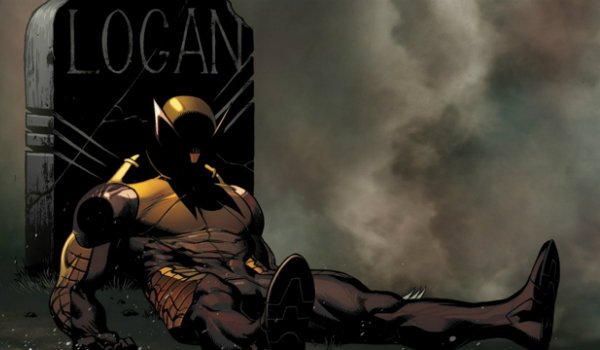
This part is where we get into even deeper territory. Was the decision to kill Wolverine at the end of Logan the right call for the cast and crew? In short: yes, it was. However, there are a few nuances to this decision that we need to dive into and figure out.
Let's start with the obvious. Logan needed to kill Wolverine to genuinely embrace the idea that Hugh Jackman has decided to walk away from this role. If the credits rolled without completely taking this character off of the board, it would feel like a half measure on the part of James Mangold and Jackman. If your recall, a large segment of the Batman fanbase felt let down when Christopher Nolan didn't have the stones to actually kill Batman at the end of The Dark Knight Rises. Logan sidesteps that issues and definitively punctuates Jackman's tenure as the character.
The decision to kill Wolverine is also incredibly thematically relevant when we look at the entire X-Men franchise. Since 2000, the major theme of Wolverine has been the fact that he's essentially cursed with immortality, and he is a survivor when everyone else around him eventually dies. For Logan to finally kill this character (while also seeing him embrace the potential that Patrick Stewart's' Charles Xavier saw in him from the very beginning) is a perfect way to wrap up his 17-year arc.
Of course, this leads us to another discussion. Was the death handled well? While Wolverine's actual death was handled correctly by the movie, and it was given the necessary weight to send Hugh Jackman out on a high note, I would argue that the exact cause of his death didn't quite work. There's obviously plenty of symbolism to having X-24 murder Logan. He had been talking about "killing himself" for quite some time, so being killed by a young clone of himself definitely feels like an ironic twist on that idea. That said, I'm not sure if X-24 really fit into the grounded and gritty tone of the film.
Did it ruin the film? Absolutely not, but I would just argue that having X-23 put a mortally wounded Wolverine out of his misery, or at least giving him one real showdown with Donald Pierce, would've been the proper way to send him out. However, at the end of the day that feels like a nitpick, and I will completely admit that I will forever feel satisfied with Logan's commitment to legitimately kill one of the most iconic comic book movie heroes of all time.
What did you think of the death of Wolverine at the end of Logan? Did it work for you, or did it not work for you? Let us know what you think in the comments section below!
Originally from Connecticut, Conner grew up in San Diego and graduated from Chapman University in 2014. He now lives in Los Angeles working in and around the entertainment industry and can mostly be found binging horror movies and chugging coffee.

